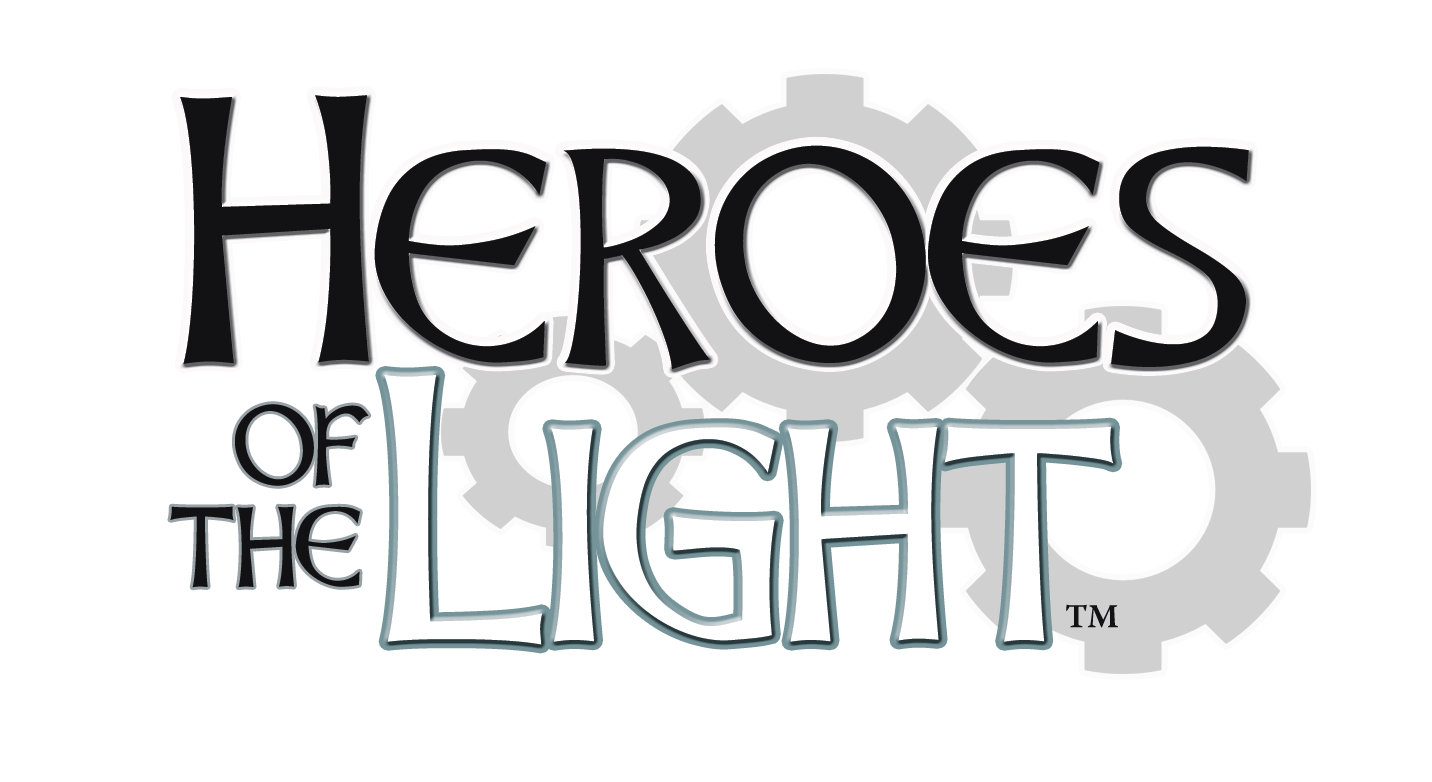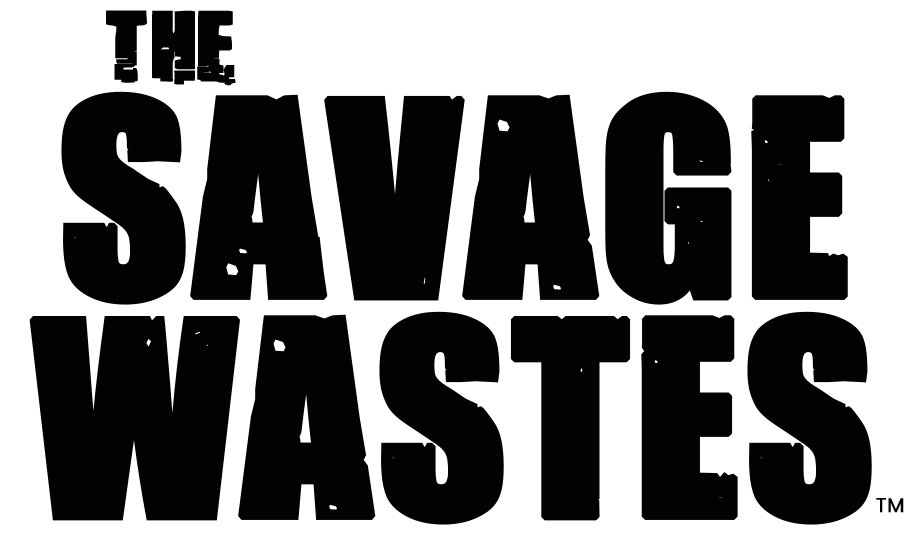AGENTS
WHAT ARE THEY GOOD FOR?
THE WRITER’S DESK © Chad Corrie
In this essay we’ll start with the most basic question regarding agents. That is, what do agents do and why do writers need them?
Let’s tackle this backwards to forwards.
Do writers need agents? No. There are many avenues open to authors today where they can find ways to get their work published without them. Now, this doesn’t mean they’ll have the same venues to see that work published (the big five are not going to pick up your work just on a whim) but you can locate ebook publishers, small presses, and other creative outlets to find a home for your work by yourself. And that work might be able to generate the big guys’ interest who could in turn take a look at your work apart from an agent. But those situations are few and far between.
So if you don’t really need an agent to get published what do agents do? The short answer is they’re someone hired to represent your work to the most established presses and solicit deals with other places folks don’t have ready access (movies, apps, audio, and foreign rights, etc.)
And yes, you read that correctly, you hire them. There’s an idea among some just starting out that it’s more the other way around; that they are doing you a favor and you’re more or less working for them. That isn’t the case. Just like if you’d hire a lawyer, accountant, or any other professional to assist you in some task so it is with agents.
They work on commission and take a cut of your income (which we’ll talk about in a bit more detail later on). This means they don’t get paid unless you do. Therefore the pressure is on them to produce something so all can benefit. This fact is also part of the reason many agents now have become so selective in what they take on. After all, if they don’t think they can make some money off a project then why would they want to take it on in the first place?
Another truth needs to be explained here as well. Agents are the gatekeepers to the gatekeepers. That is to say you have to get past them to get to the editors at a publisher to finally get your work published. There’s more hoops involved but for good reason in that the idea is an agent vets the work before it gets to a publisher so editors are supposed to have “quality” work being sent to them instead of blind submissions.
I use “quality” in quotations because what I’ve found, particularly among new agents, is this idea that they’re only looking for books they’d want to buy off the shelf themselves and so, in a sort of wish fulfillment fantasy, they keep looking through submissions seeking for that book—even if it might not be the most marketable at times.
Sometimes this can get pretty specific: “I’m seeking dark, mid-century southern gothics” and “My ideal project would be a YA novel that deals with a teacher at a private school falling in love with one of their students”. Other times it be the very vague and often paraphrased: “I’m looking for something that moves me.” Now, if you fit that narrowly defined niche then they might be the agent for you but if not, well then you have to keep looking and thus the journey continues.
Of course, there are more business-focused agents too. Those who look to the numbers and know what will work well if they sell something to the right editor. And then those who focus on certain genres or formulas they’ve developed over the years through their network. They know what will fit where and are more agnostic about having to have a strong attachment to what they initially take on to represent. If it’s possible to make some money from it they’ll be happy to explore the option.
So what can we pull away from all this? First of all, agents are people looking to do a job and make money from it. They aren’t going to take on something they don’t think will make money, nor are they going to necessarily take on something they aren’t open to or have an interest in (we’ll talk more in depth about that later on). They also are not your boss. An advisor and consultant, yes, but you shouldn’t feel like you are being employed by them and have to please them all the time to get paid when it is really the other way around. Some basic truths, but needful as we head into the topics covered in the following essays.













